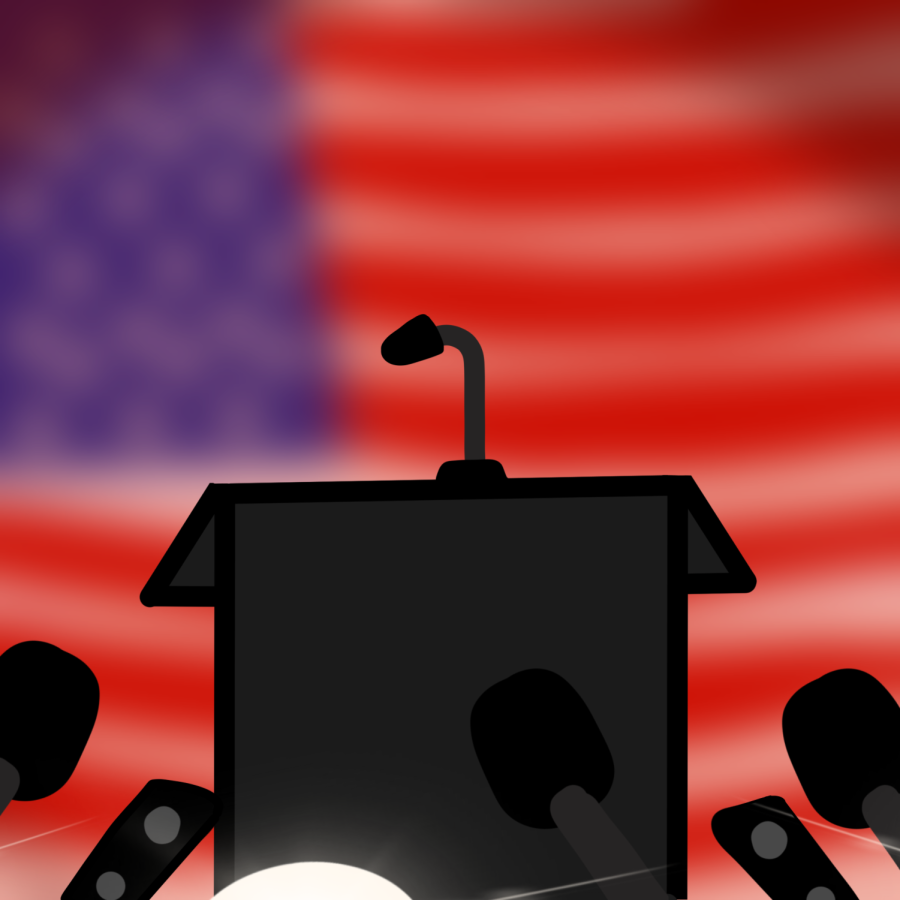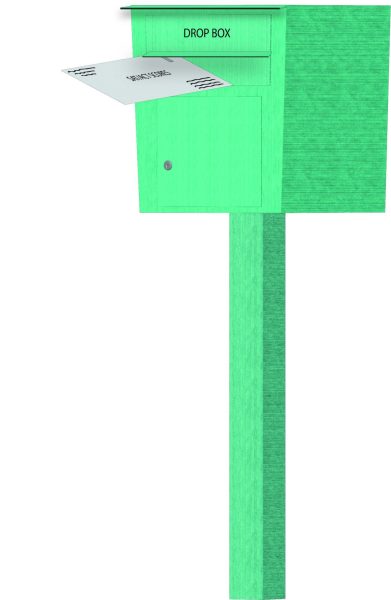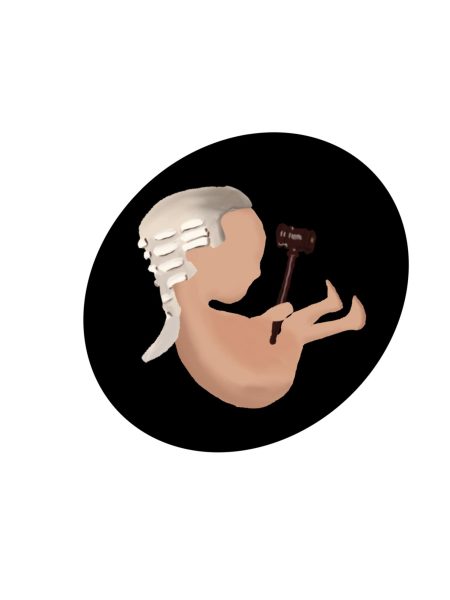The probability of holding politicians accountable
November 22, 2022
The idea of holding politicians accountable seems like something our government should do to uphold the honor and dignity of a true democracy. However, the amount of dirt constantly swept under the rug and schemes plotted below the table makes people question if the systems in place have any power to truly hold politicians accountable. It is not a wild concept that corruption and government go hand in hand. Most of our country’s political systems run on shortcuts and loopholes that are not by the book. A study conducted by Princeton University shows how the average citizen has almost no impact on the passing of legislation or the actions of officials following elections. This is seen in the campaign process, with big corporations and billionaires using financial influences on legislators. This can also be seen in how the American justice system handles Politicians who take advantage of the power and influence and contribute to the corruption of our government.
One can note the complexities of our democratic processes when looking at accountability. In a Democracy, there are checks and balances to prevent the concentration of power. Then there are the governed who moderate our officials through voting and rapid change in the political climate. People in positions of power should answer to the working class. Throughout the years, it has become apparent that it does not always work out that way, or at least it does not feel like it. This feeling can be attributed to the media and the power that comes with influencing people with ideas, especially surrounding money or an easier way of life. Politicians have the power to exploit the voting populations into thinking that they have all the answers. They offer new perspectives and hope to earn the respect and trust of the people that corrupt politicians turn into targets for machinations usually benefiting their party, supporting lobbyists, or themselves.
This injustice has been seen a lot throughout history, like former President Bill Clinton’s Whitewater Scandal leaving a portion of Los Angeles’ unassuming middle-class robbed of their money after a bad real estate project. While Clinton faced impeachment for his presidency, he avoided prosecution due to his involvement in the system and his access to money and legal resources. Without the persistence of the media and the strong vendetta against the former president, this instance might have slipped through the cracks without seeing the light of day, let alone a courtroom. A more relevant case of this is, former President Donald Trump came under scrutiny for his ties to inciting riots on Jan. 6, 2021, taking five lives and injuring many more. Thanks to social media and associated politicians’ digital footprints, he and hundreds of others are now facing the repercussions of a months-long hearing and investigation. Many participating citizens are facing time, but most politicians associated with this event are still afloat, waiting to see if there will be a time when accountability will catch up to them.
In the newest age of media where every confrontation, scandal and big topic is plastered online for the world to see, you would think the power of holding politicians accountable would become easier. Many have sought to expose politicians through Twitter and other platforms, some leading to serious reform and others getting lost in the sea due to the lack of evidence or attention. But people have the power to decide where they put their support on a mass scale. It has the potential to reignite the average citizen’s power, placing the people back into the mold of a true democracy.













